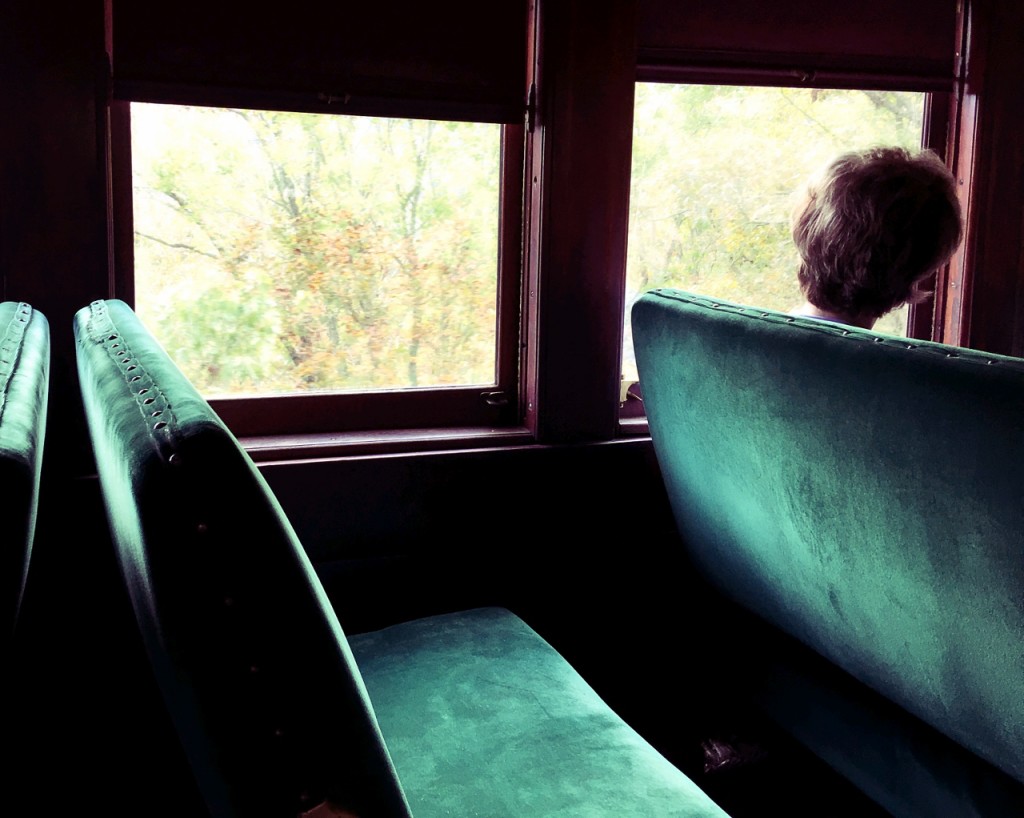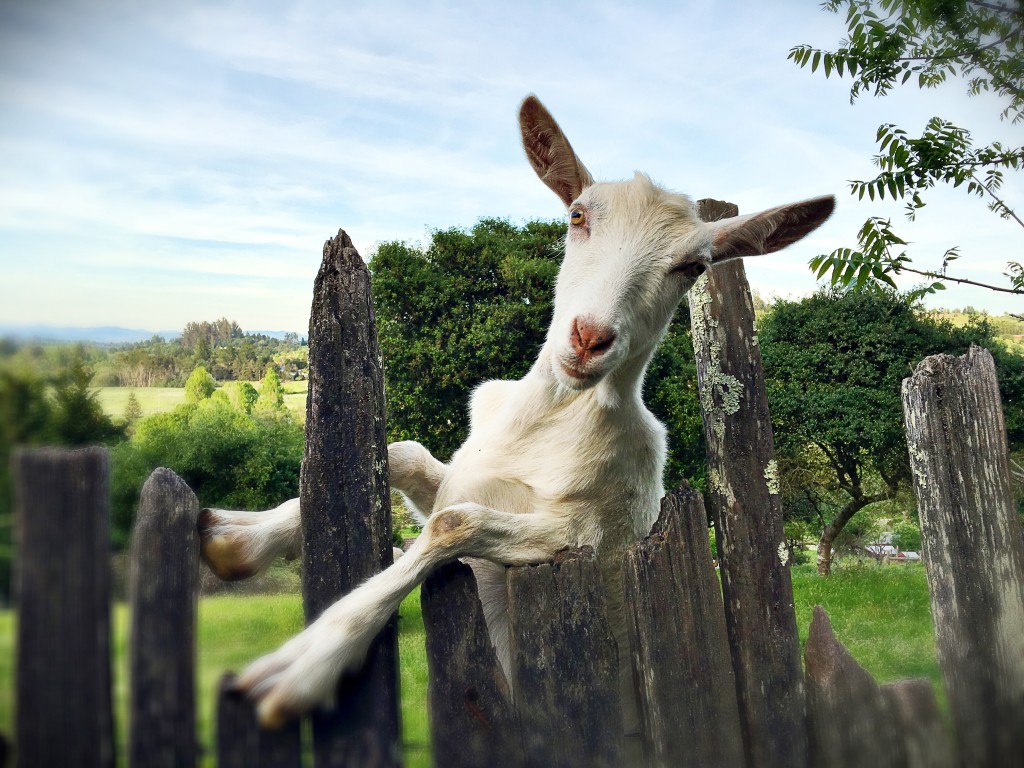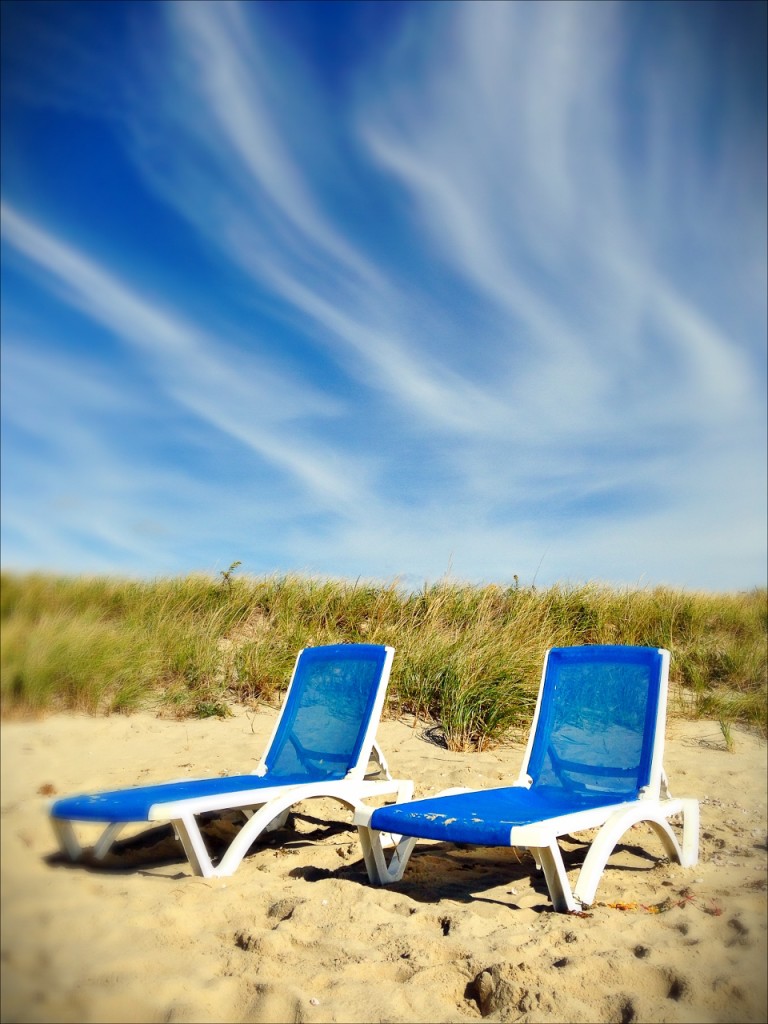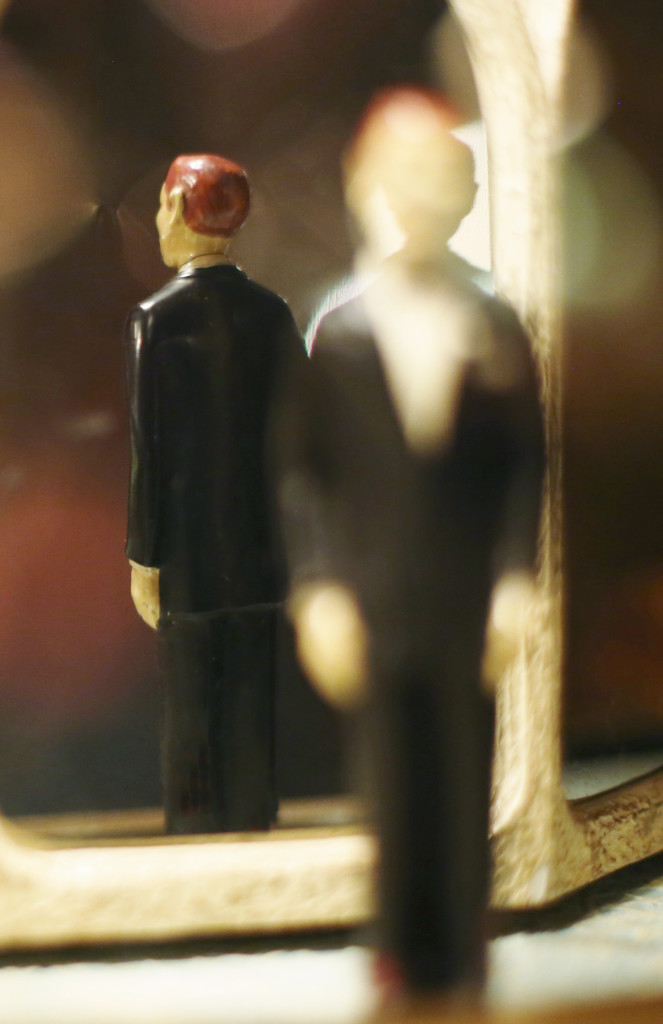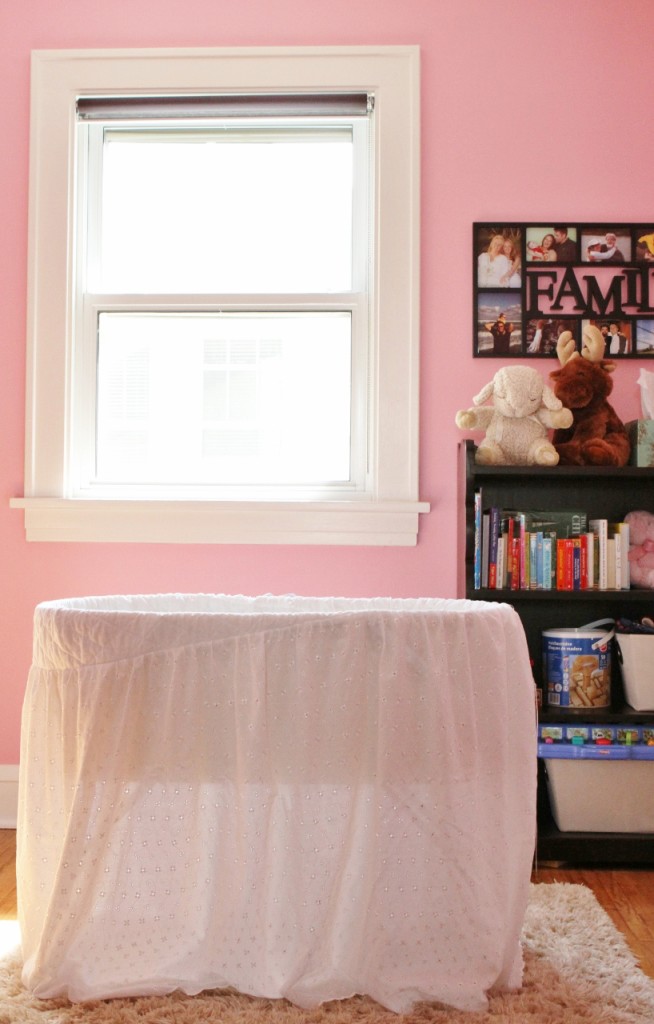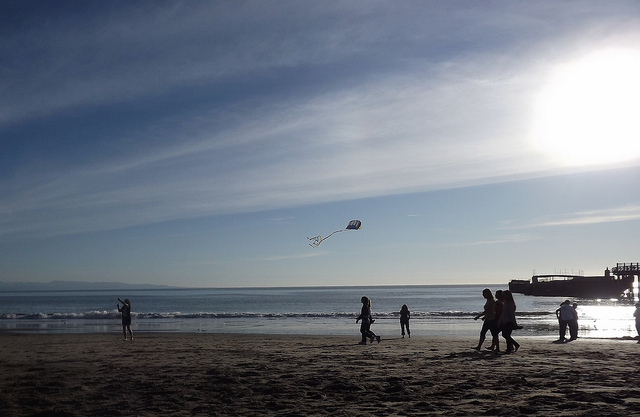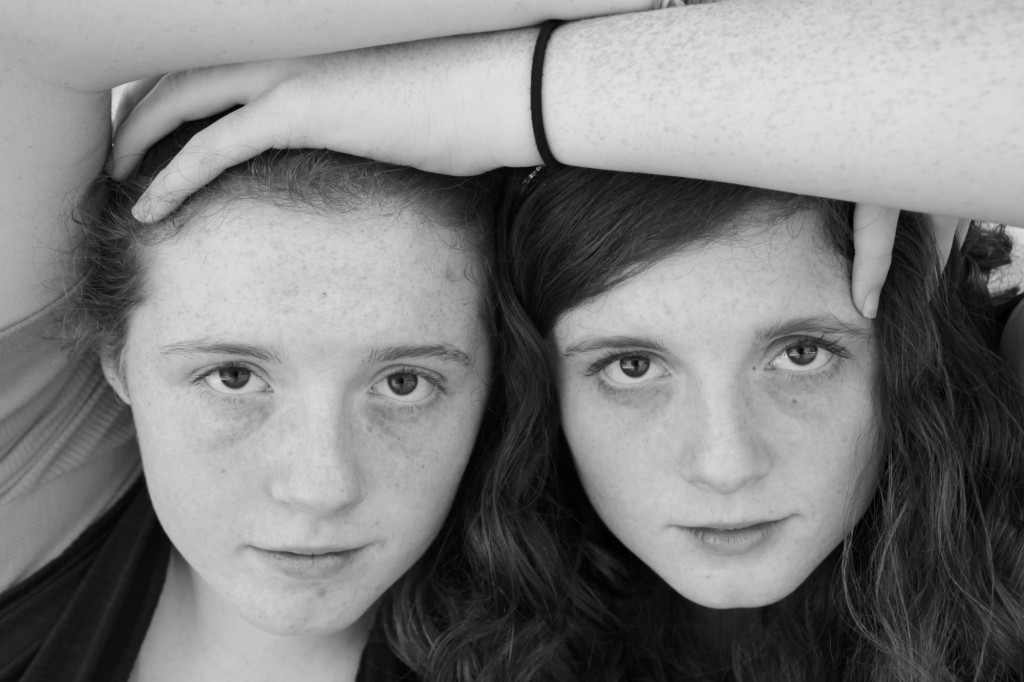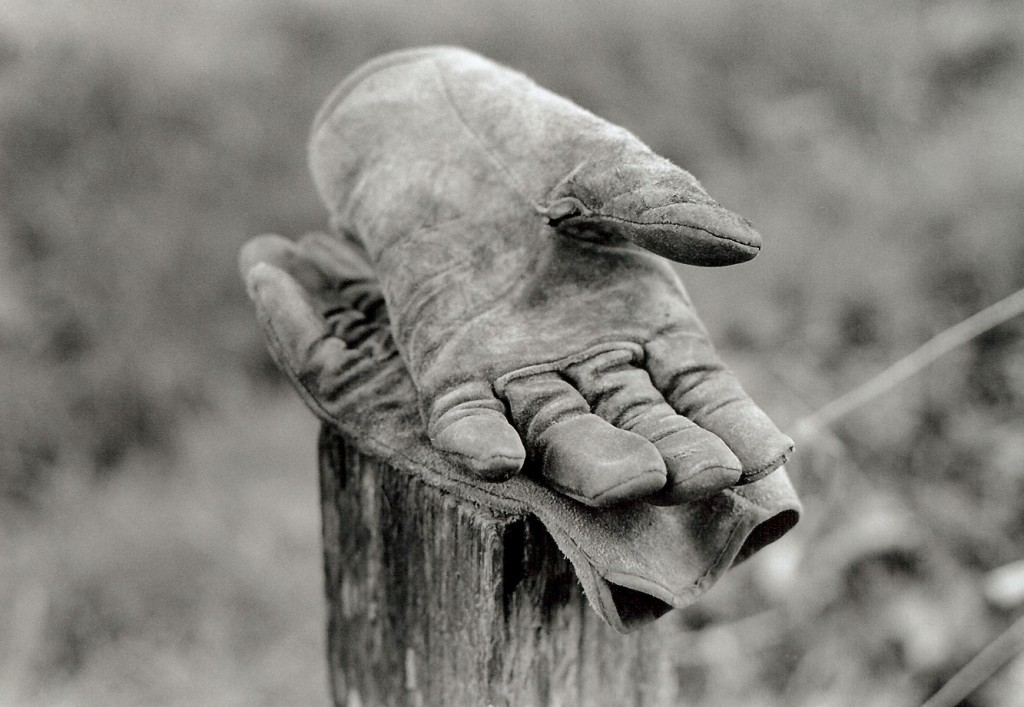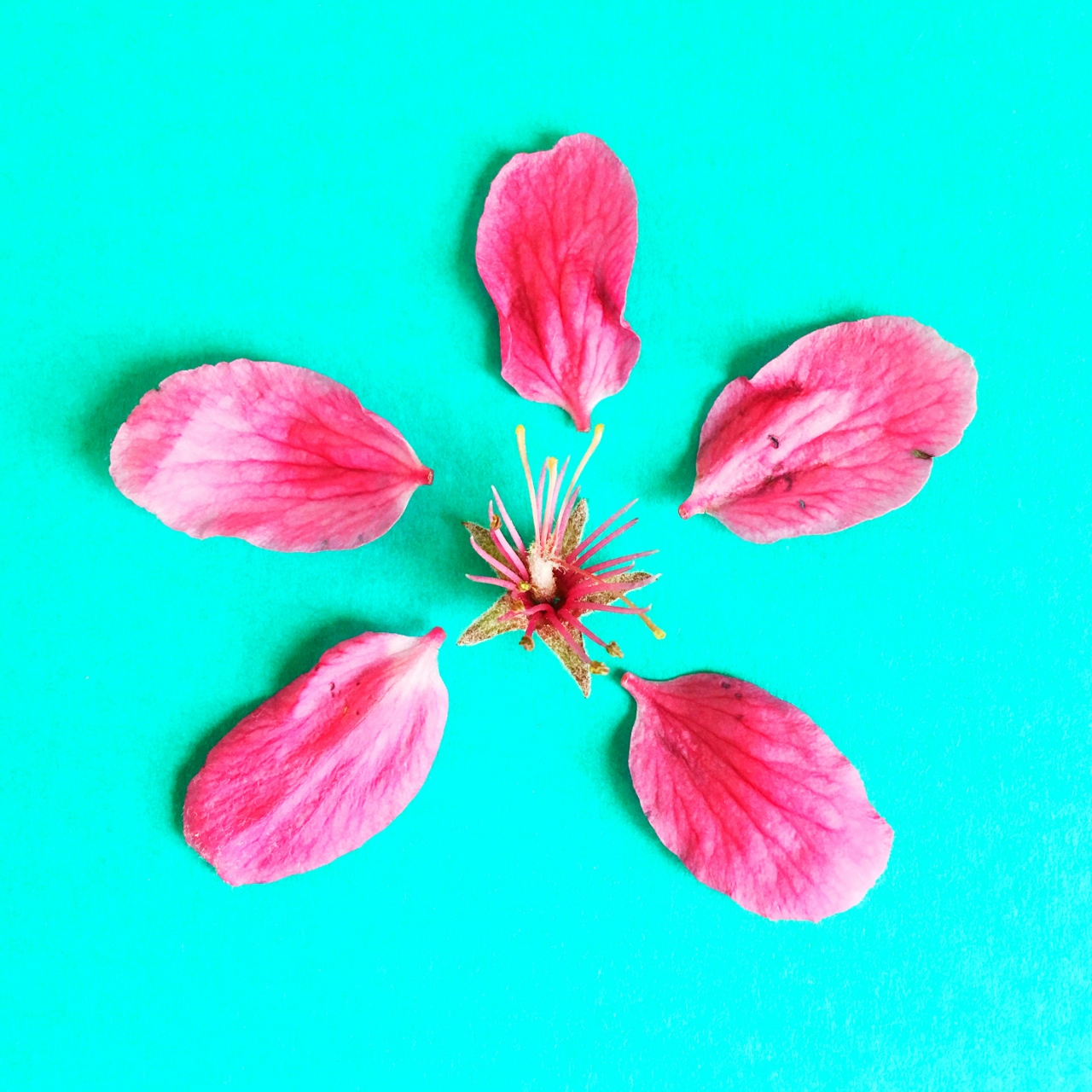
By Stewart Sinclair
My oldest sister’s birthday passed in the beginning of June. I didn’t call her. I was afraid to. Instead, I sent her a direct message on Facebook: a compromise—I told myself—between an impersonal public wall post and actual conversation. I told her Happy Birthday. I told her I love you. I didn’t say anything else. It was almost midnight, and my message just barely went through in time for me to be able to say that I hadn’t forgotten or ignored her. It was also (conveniently) late enough that when she replied I could ignore her response, which came through about twenty minutes later. I made sure not to go back on Facebook for the rest of the night to keep up the appearance that I had just fallen asleep.
But I didn’t sleep for a long while. I stayed up thinking about her message, and the last time we spoke, when I had promised to send her grocery money—a promise I ended up going back on when I realized that I didn’t know what she would do with the money. It was one of several times when I hadn’t kept that kind of promise. I once told her I wanted to buy a painting from her, and gave her some idea of what I was looking for. She tried to offer me one of her other paintings that she had already finished. I never answered. I didn’t have the guts to tell her that as much as I loved her paintings, I was really trying to pay her to make something new. In other words, to pick up a paint brush, charcoal, pastels, RoseArt crayons, anything that would make her put down the needle. I’d give her my entire paycheck if I knew it would accomplish that.
Eventually, I fell asleep, but I didn’t sleep well. I knew that I’d have to look at the message tomorrow, and that there were only two options for how she’d reply. She’d either just say I love you, too. Or she’d ask me for money. Whichever way she answered would tell me how she was doing.
Jane* has always been a fiercely independent person. She left home when she was sixteen and slept on the beach under the promenade for much of the time in the following two or three years. But even when she was technically homeless, she worked. A gallery near our hometown post office hung her paintings. She got a job as a line cook at a restaurant downtown. She graduated from high school. She was by any estimation undeniably beautiful, brilliant, and talented. The world would have offered itself up to her. There wasn’t a boy in our hometown who didn’t fall in love with her. There weren’t many girls who didn’t harbor some secret or overt jealousy toward her. She could have married for love or for money. She could have ignored men entirely, gone off to college and disrupted some urbane avant-garde scene.
But Jane didn’t want any of that. She hopped trains across the country, settling at various times in Austin, San Francisco, New Orleans, Taos, and wherever else she rolled off the line. In each of these places some other boy fell in love with her. At home, it was Xander. In San Francisco, it was a guy named Elvis. In Austin, it was Dutch. After I finished my freshman year of college in Santa Fe, she and I decided we would take a road trip back home. I went to the train station in Albuquerque, and she snuck up on me and gave me a big hug, and then introduced me to a gnarly, six-foot-four, tatted up man carrying her bags. He looked like a mix between Hank Williams and one of the bouncers from Roadhouse.
“This is Christ,” she said. “He’s a good dude. We’re gonna get him to his long-lost brother in Vegas.”
So, we did. In fact, I handed Christ the keys to my 1989 Crown Victoria and he drove us all the way from Albuquerque to Las Vegas. The only portion I drove was across the Hoover Dam, because every vehicle crossing the dam goes through a police checkpoint, “and I ain’t got a license,” Christ confessed.
It’s just the type of thing that happens when Jane’s around. A mix of insanity, spontaneity, fuck-it-let’s-see-where-this-train’s-headed, and an almost saintly amount of compassion for her fellow travelers. Christ was an intimidating figure, but it was beautiful to seem him wrap his bulky, tatted arms around his brother for the first time in twenty years.
All this is just to say that Jane doesn’t like to rely on anyone else. She’s staked her entire reputation on being able to survive in situations that have cost other men and women their lives. So when she asks for money, I know that I’m not talking to the person I’ve known my entire life. I’m talking to a need, a desperate little itch in the arm, a series of unfortunate events wrapping around the psyche of a strong woman. It makes her weak, it makes her helpless, it makes her all the things that she has never really, truly, in her heart of hearts, been.
I opened her Facebook message the following afternoon. She said, I love you, too. But then came the rest. Can you help me out with birthday money, or buy that painting? She wanted two hundred dollars. She told me she’d been living out of her car and hadn’t eaten anything but donuts for months. She reminded me that I said I’d help her out a while back, but she knew I probably forgot because I’m busy, and that was okay. She said, I love you again. Then she said all the other reasons she was in a tight spot. If I didn’t have money, she went on, maybe I could use my credit card to fix her car so she could get back on the road.
She listed every reason in the world except for the one I needed to hear: that she had a problem.
I’ve lived away from home for a long time, roughly three thousand miles from most of the immediate crises that my family has come up against. I find out about them through conversations with my mother, sad phone calls with my father, and Facebook. Three very dear friends of my family have died in the last year, and I haven’t been to a single funeral. Each time, I spend about twenty minutes or so putting together as delicate a Facebook message as I can, trying my best to make a digital eulogy that would let my family know that I care, that I grieve, that it hurts. I lie to myself and say that I’m there and that I’ve dealt with the grief. That’s why it’s cathartic to come home. I meet my new nieces and nephews, who I had only known from the photos my sisters share on Facebook. I find out what’s really been going on behind the public façade of social media. And I remember that instant communication can only make us feel like we’ve been part of our distant families. Coming home makes me realize just how much life I’ve missed.
Like last Christmas. It was going to be the first time in over ten years that my four sisters and I would be in the same room at the same time. Even my stepsister flew out from Texas to be with us. Eleven of my fourteen nieces and nephews were there opening presents on Christmas morning. Everyone was there except for Jane. My other sisters called her, texted her, went by her house, but she didn’t show. We didn’t see her until the next day, when she showed up at a family trip to the Santa Barbara zoo. I was so happy to see her, to give her a hug, to have all of my sisters with me. But at the same time, I wanted to run away, break down, and cry.
My oldest sister has the remarkable ability to look beautiful even when she looks bad. And she looked so bad and so beautiful that I didn’t know what to do about it. A zoo just isn’t the right place for an intervention. And, like a skittish pet, I didn’t want to frighten her away just when she’d come out of hiding. But it was on that day that I realized that there had to be some sort of bottom, some sort of end to the long independent crusade she’d been on. I wanted her to complete that narrative arc, where the artist spends her early years wildly crisscrossing the country, chaotically traversing the polls between strung-out desperation and the unforgettable highs of being a free-wheeling, cosmopolitan tramp. When I thought of her, I thought of a mix between John Muir, Georgia O’Keefe and Timothy Leery. I thought about Will Rogers, who said you can’t break a man that don’t borrow, because he can look the world in the face and say, I don’t owe you a thing.
But she was over thirty now, and the window for change was closing.
As I thought about Jane’s birthday message reply; I thought about how I should respond. In the past, I would have just ignored it. Eventually, I would have counted on it becoming a small, bitter resentment between the two of us that neither of us spoke of. We’d sweep it under the rug, woven from the fibers of that love between her and I that had always seemed the most important thing in the world. We’re family, after all, and family means burying shit deep down and then forgiving each other our trespasses on the day that we die, or sometime thereafter.
But I didn’t want to do that this time. I decided that this time I would tell her how I felt. I told her I didn’t have any money—which was true—or any credit—also true. But more importantly, I told her that even if I did have it I wouldn’t give it to her. I told her that I was worried about her, that I knew she was in a rough spot, and that every single person in her family would give her anything she needed to get better, but that I didn’t think getting better was what she was going to do. I told her that I believed she was an artist, and that art is one of those enigmatic industries where smashing directly head first into rock bottom can even be a benefit, if you can just pick up the pieces. I told her, You’ve been struggling and hurting long enough. You’ve earned a break. I love you.
Social media gives you just enough information to draw most any conclusion that you want. My message went through, but Jane didn’t read it. I watched as the timer underneath her name ticked away the hours since the last time she logged on. It’s something I’ve often done when checking in on her. If I see that she’s online, I can be fairly certain that she’s alive. But the hours passed. One hour, five, ten, one day, then it just listed Sunday as the last time she logged on.
When she’s not online, I conceive of her as both alive and dead. She is at the same time actively trying to kick her habit and quietly slipping away in the back seat of a broken-down car, too high to even know that she’s dying. I picture an artist mixing paint. I think of the giant cloth canvas she once made for me, a rendering in color of Louis Armstrong and his wife at The Pyramids of Giza, except that she portrayed them in Mardi Gras masks. And then I try not to picture a sunbaked body in a car with the windows rolled up, a sleeping bag balled into a pillow, a sketchbook on the floor with a few last thoughts scrawled into it, unaware that they are even last thoughts.
Come Wednesday, I finally see that she has been online. I know, for the moment, that she’s alive. But I also know that she could have read my message, and that she has chosen not to. As much as I knew that she was going to ask me for money, she must have known that I was going to plead for her to get help. The message is both read and unread. The plea is known and unknown.
That’s the blessing and curse of our connectivity. I am there, immediately, in a phone in my sister’s pocket next to some cough drops, a handkerchief, and a tied up little baggie of cheap heroin. But at the same time, I’m no closer than I ever was. I’m still three thousand miles away. I’m still just waiting for the veil of uncertainty to lift, for the message to be opened, and for her to tell me she loves me, and that she’s going to be okay, for real this time.
•••
*Her name has been changed.
STEWART SINCLAIR is a writer from Ventura, California. His work has been featured in Guernica, Avidly, The New Orleans Review, The Morning News, and The Millions. He now lives in Benshonhurst, Brooklyn. Find him on twitter: @stewsinclair.

 Follow
Follow
